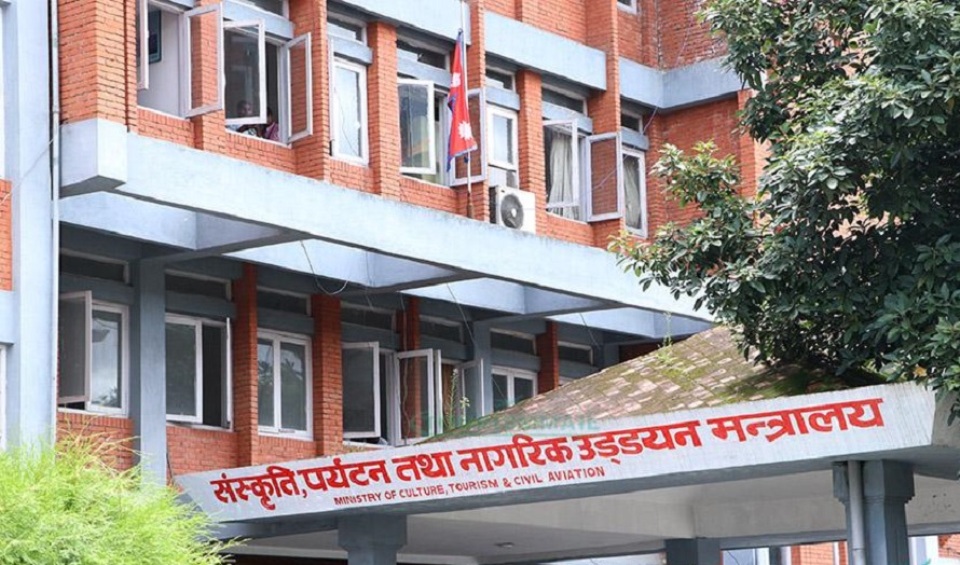
OR
EDITORIAL
After accord with CK Raut, dispel the doubts
Published On: March 11, 2019 07:00 AM NPT By: Republica | @RepublicaNepal
The government of K P Sharma Oli on Friday signed an agreement with secessionist leader CK Raut paving the way to bring him into mainstream politics from the treasonous movement that he was leading for the past six years. Prime Minister Oli and Raut shook hands and praised each other. The scene evoked hopes and expectations. Getting the secessionist leader to give up on that cause is no small feat. And it will go down as the success story of the government if this agreement can end secession threat for good.
A day after on Saturday, Prime Minister reached Rautahat and addressed thousands of people where he projected himself as the true friend of Madhes citing the same agreement. This is equally welcome step for some of his speeches in 2015 had projected him as an ‘anti-Madhesi’ leader and this had dented his public image. But despite these good gestures, interpretations and misinterpretations of the words used in Friday’s agreement have raised some doubts about whether the momentous agreement could generate more problems than it can help solve.
Such doubts have been raised by none other than the signatory of the deal—CK Raut. Soon after the agreement, Raut posted on his social media page that government of Nepal had agreed to conduct referendum in Madhes to address his demands of free Madhes. It was disingenuous of Raut to twist the fact this way but the government is as much responsible for the word that has been mis/interpreted has been left rather vague.
Point two of the agreement reads “we have agreed, by using the sovereign rights of people granted by the constitution, to solve dissatisfactions in Tarai Madhes and other places through democratic process based on Janaabhimat.” Janaabhimat is a word of contestation here. While the government side has interpreted it to mean as regular elections, Raut has propagated it as referendum. Many believe that the word Janaabhimat could be interpreted also as referendum and such a word should be removed from the agreement.
Questions have been raised about it from some senior leaders of ruling and opposition party and lawmakers raised this issue in the parliament on Sunday. Janaabhimat should not be interpreted to mean referendum. For if that’s what it means, Friday’s agreement could spell further troubles in the days to come.
Friday’s deal is momentous and it should be viewed as such but the government needs to come clean on some of the doubts and speculations raised by ambiguous words in the agreement. In the first place, such a vague word shouldn’t have been used in an agreement signed on such a serious matter. Now, it is the duty of the government to assure one and all that it will leave no room for anyone to interpret it as referendum.
We urge both the government and CK Raut not to resort to misinterpretation of the deal and give the message that the agreement was meant for ending the secessionist tendency of all kinds once and for all. Any misreading that raises question on national integrity and sovereignty should be avoided by all.
You May Like This

CK Raut, welcome to mainstream politics
CK Raut, the leader of erstwhile Alliance for Independent Madhes (AIM), has launched a new organization named Janamat Party. ... Read More...

Listen to the people. They want peace
People may not be satisfied with the way the government is working. Yes, it has not been able to address... Read More...

Make Nepal shine in Davos
Prime Minister K P Sharma Oli left for Davos, Switzerland on Sunday for the annual meeting of the World Economic... Read More...









Just In
- Govt amends nine laws through ordinance to attract investors
- NRM to announce two citizen heroes today
- Federal capital Kathmandu adorned before Qatar Emir's State visit to Nepal
- Public transport to operate during Qatari king’s arrival, TIA to be closed for about half an hour
- One arrested from Jhapa in possession of 43.15 grams of brown sugar
- EC to tighten security arrangements for by-elections
- Gold price drops by Rs 2,700 per tola
- Seven houses destroyed in fire, property worth Rs 5.4 million gutted







Leave A Comment